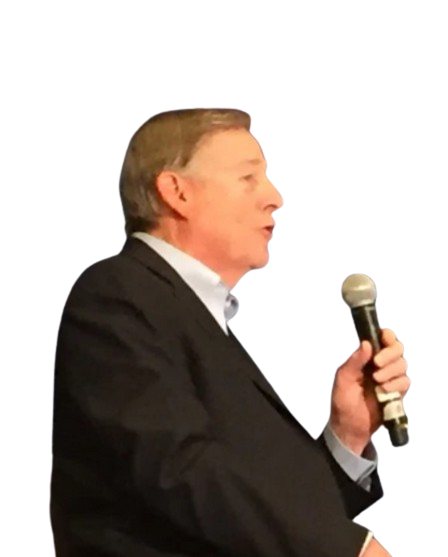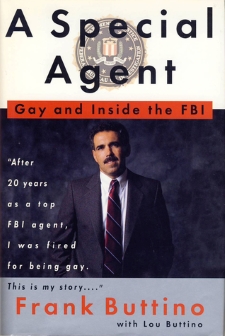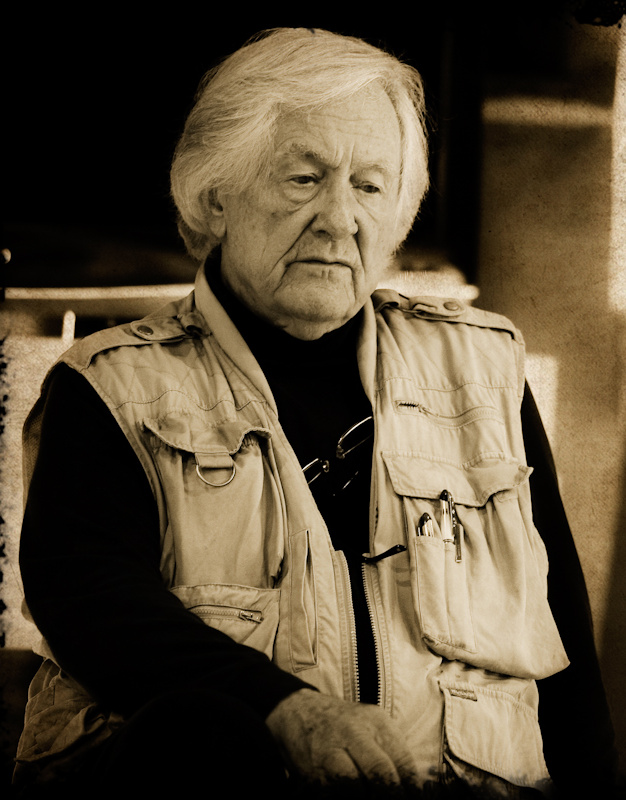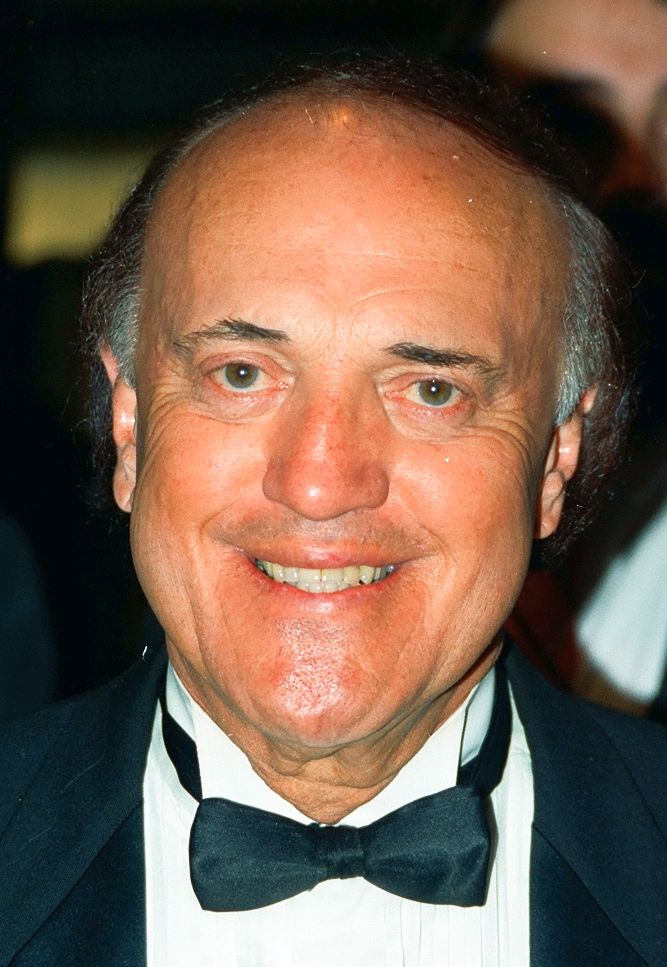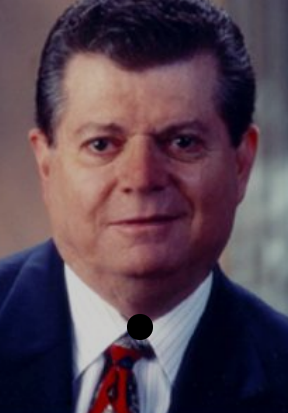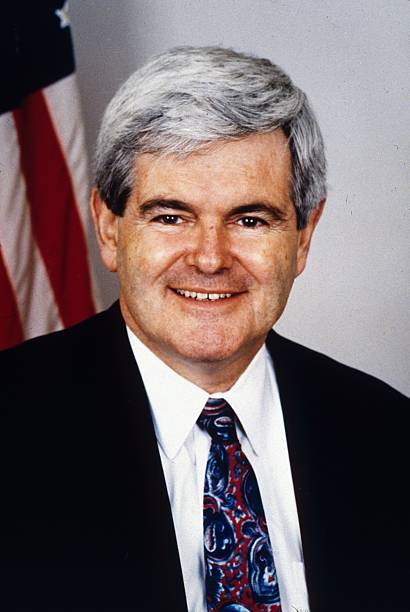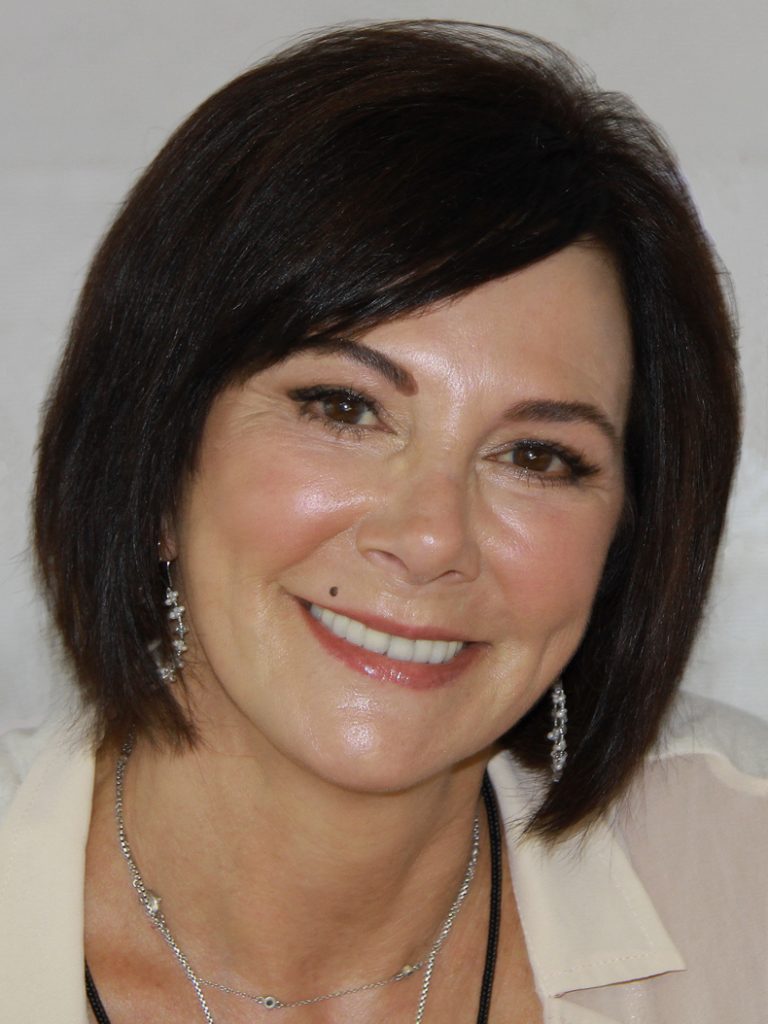
I can promise you, if you were alive 30 years ago today, June 17, 1994, you were glued to your television watching a white Ford Bronco driving down the 405 in Southern California. Inside was OJ Simpson, about to be arrested for the murders of his ex-wife Nicloe Brown Simpson and her friend Ron Goldman.
In the L.A. County district attorney’s office, the case was assigned to a veteran 44-year-old prosecutor named Marcia Clark.
And by the time the Simpson trial was over, with its infamous “not guilty” verdict, Clark had unknowingly become a celebrity.
In 1997 Clark wrote a book about the trial, and the toll it took on her. she called the book Without A Doubt, and I met her that spring to talk about it.
So here now, from 1997, Marcia Clark.
Marcia Clark will be 71 in August. OJ Simpson died this past April at age 76.



